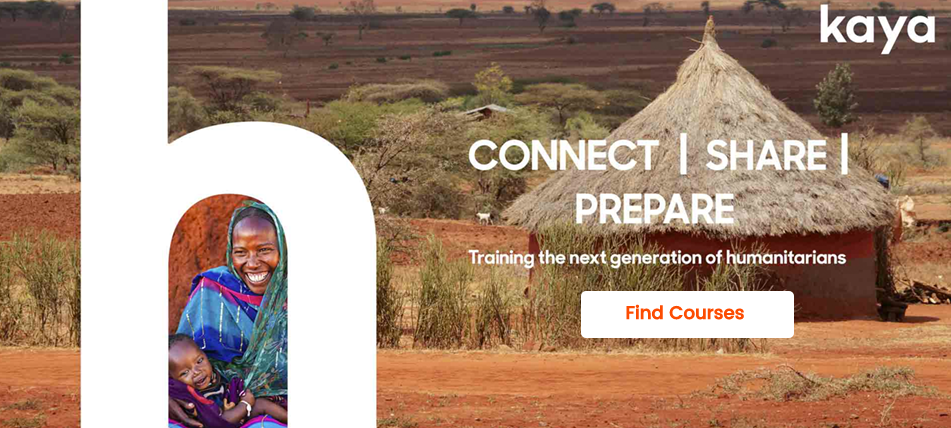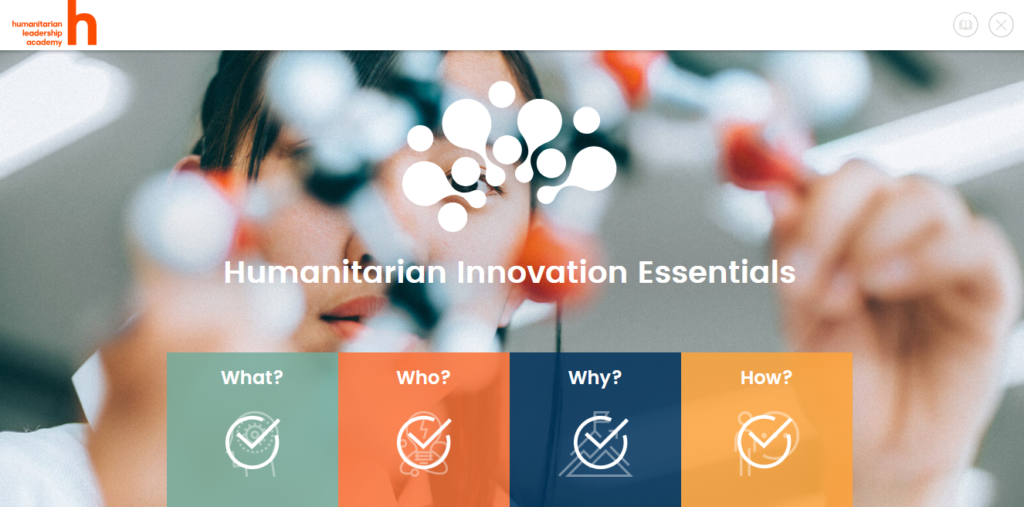By John Nduri, Learning and Knowledge Management Advisor, Humanitarian Leadership Academy East Africa
It is not debatable that humanitarian crises are widespread across the world, with African populations bearing the brunt of more recurrent and severe natural and man-made disasters. In contributing to preparedness and response, local, national and international humanitarian organisations have been involved in various ways for decades, which begs the question: Are we doing things the same way and expecting different results?
The answer to this question would vary depending on where you stand. Nonetheless, a consensus is emerging that humanitarian actors need to do or learn how to do things differently. In other words, we have no choice but to be innovative. That is easier said than done. Humans and organisations are naturally inclined to repeat previous patterns, ways and methods as it spares them the difficult task of thinking about and coming up with other approaches that could potentially yield different results. However, to do so, one ought to be equipped with the necessary frameworks, methodologies and tools to be innovative.
This leads to a fundamental question; are humanitarian workers expected to be innovative naturally, or can they learn to be innovative during their work?
At the Humanitarian Leadership Academy, we believe both are possible. Asked differently, do humanitarian actors have the necessary capacity to be innovative? It is against this background that apart from Learning and Knowledge, Innovation is a key pillar in our work. We have a two-sided approach; innovations in learning and learning about innovations.
In the former (innovations in learning), we believe that all organisations ought to adopt new ways of encouraging learning among their rank and file. Long gone are the days when face-to-face training was the only means to enhancing capacity of individuals. Current trends point us to a more blended and online, self-paced learning. An example of such an initiative is our online learning platform – Kaya (www.kayaconnect.org – where humanitarians can access over 350 courses with over 64,000 learners globally.

Other emerging areas include gamification, virtual and augmented reality, and simulations. In the latter (learning about innovations), we believe that anyone can be empowered with the approaches, frameworks, tools and techniques to be innovative, with a focus on user centred design (UCD).
Since 2017, the Academy has delivered a series of gamification workshops in partnership with the International Training Centre of the International Labour Organization, across our global network in Kenya, Philippines, Jordan and Bangladesh. Each workshop looked at local learning needs which could be captured by local communities and then be turned into learning solutions through the application of design-thinking methodology and gamification technologies.
“The gamification project has allowed us to innovate with user-centred design tools for co-creation of learning at a local level. Whether we are looking at how to better manage disasters in the Philippines, engage youth with the Sustainable Development Goals in the Middle East or better equip teachers in Bangladesh, design thinking combined with easy-to-use technology has allowed us to bring together partners from NGOs, the private sector, academia and local governments to develop innovative learning games that aim to solve some of these problems.”
Atish Gonsalves, Global Learning & Innovation Director,
Humanitarian Leadership Academy
We also recently launched an exciting new course on Innovation Essentials, which aims to provide humanitarian professionals with a series of real-life examples of innovations from around the world, and explains how innovation can help disaster-affected communities. The one-hour course is a great opportunity for aid workers to pick up some practical tools and skills to bring innovation to life within their organisation.

In the pre-conference workshop on Wednesday 26th September, during the upcoming eLearning Africa Conference, some of the world’s leading experts on learning, innovation and edtech will explore the unique challenges and opportunities faced by those involved in the delivery of high-quality learning at scale in difficult contexts.
Presenters will share examples of (i) innovations in learning and (ii) learning about innovations from the aid sector. The workshop will include interactive design and co-creation sessions, so that participants have an opportunity to get involved in developing ideas and solutions for the sector.
Additional resources and articles


















